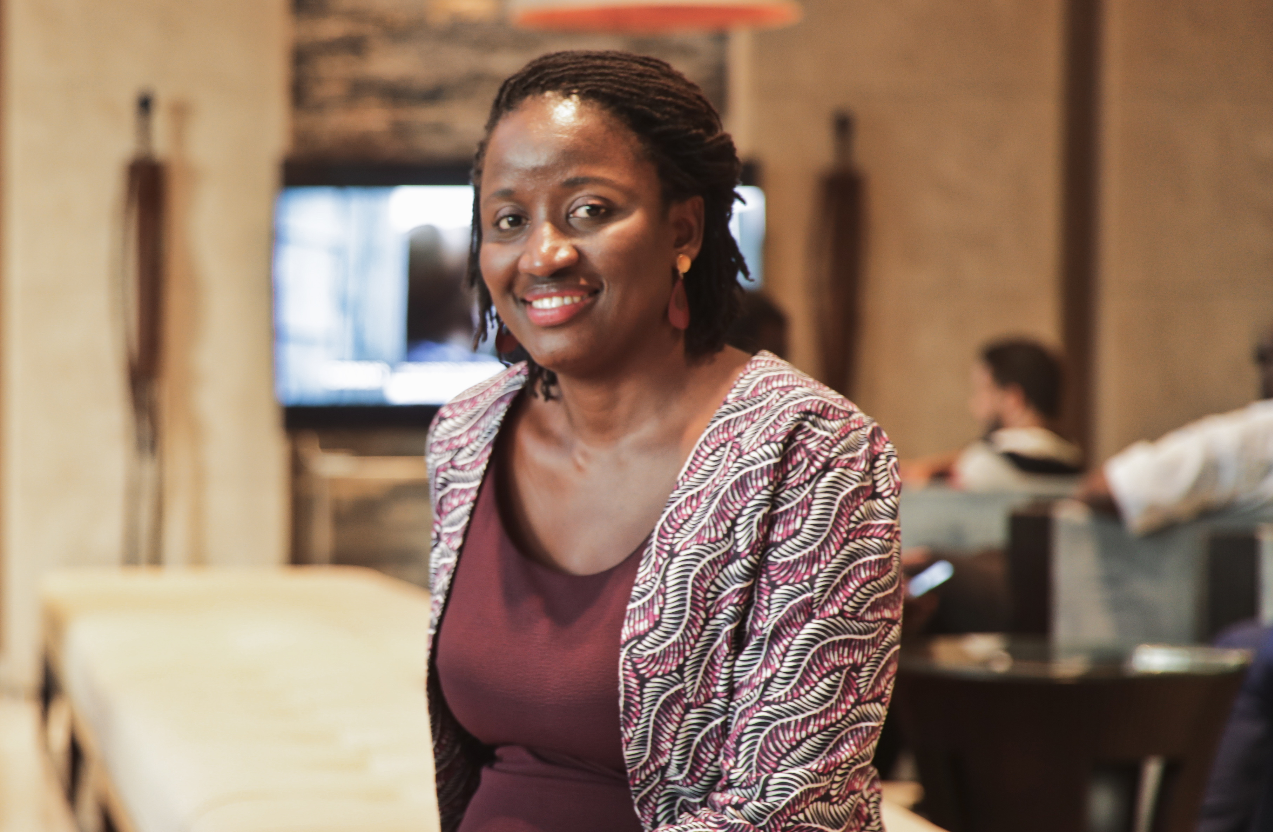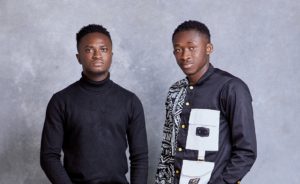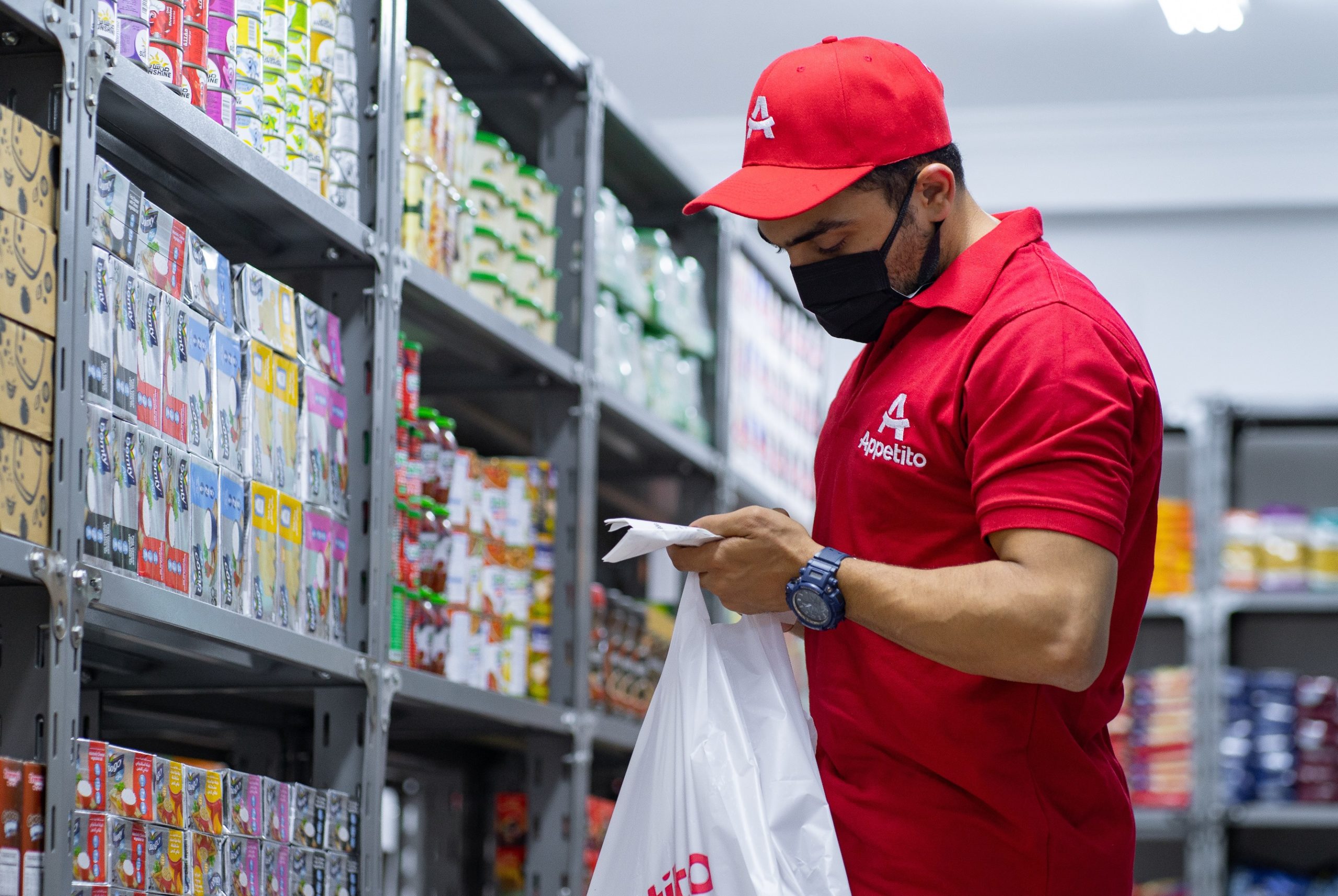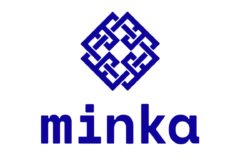Created by two Americans four years ago to lower the cost of mobile money in Senegal, Wave is currently valued at nearly $2 billion after a recent $200 million Series A round led by Stripe, Sequoia Heritage, Founders Fund, and Ribbit Capital.
TechCabal caught up with Coura Sene – the startup’s General Manager for the West African Economic and Monetary Union (WAEMU) – to discuss Wave’s journey to becoming the first unicorn startup in the French-speaking Africa region.
Michael: Being a top executive at a ~$2bn company, most would picture you always in suits and with a laptop. How do you have fun?
Coura: Firstly, I rarely wear a suit (laughs). I enjoy casual office wear. Wave is the perfect work culture since it’s quite relaxed. In my spare time, I enjoy going out with my children and reading books. It’s how I unwind after a long day at the office. I also like to travel, go out to restaurants, and shopping malls with my family.
Michael: How did your previous roles prepare you for the top position at Wave?
Coura: In my first 10 years of work experience, I learned lessons I can share with a growing team to avoid certain mistakes. In addition to having studied computer science, I have a generalist background that I can apply to most situations. In the second decade of my career, I worked as a freelancer. That taught me how to fight: fight to win the job, fight to get things done, and fight to get paid. It truly made me fearless and instilled in me the mindset to run a fast-growing company like Wave.
Michael: Congratulations on the recent $200m funding. How were you able to build a unicorn startup in four years?
Coura: We weren’t exactly motivated to become a unicorn. Rather, we stayed obsessed with our mission and serving our users, and focused on building a mobile money service that was easy to use and extremely affordable for millions of people. We never lose sight of our mission to build a modern financial network across Africa. It’s what motivates us.
Michael: Okay. I’d appreciate some context into the early days of Wave. How different are things now compared to then?
Coura: In the early days, we were just a bunch of people who were passionate about building a better mobile money service. The office was a house. We’d sit on the floor to discuss the business. We’d brainstorm the product, mission, and impact while eating a simple local meal.
For our market research, we visited local markets and malls to talk to people. We’d test our product and if a feature didn’t work or people didn’t like something, we’d go back to the drawing board. In those early days, we had so many iterations and did many pilot tests before we actually launched our mobile money service. In Mbour, a popular fishing pier that we have made our home base, it was hard not to run into a Wave user or agent in late 2018.
In the first three months after product launch, we grew rapidly. When I first saw our numbers, I did a double-take. I couldn’t believe my eyes. They seemed unreal. Fast forward three years. In 2021, more than half of Senegal’s adult population actively uses Wave.
Michael: How large is the Wave agent network across Senegal and Ivory Coast?
Coura: We have a 25,000-agent network. In both Senegal and Cote d’Ivoire, we deliberately chose to partner with mobile money professionals. We could have built our own network from scratch but we believe strongly in adding value to the ecosystem by supporting existing players in the value chain. We want them to thrive.
We wanted to work with people who know the market, are familiar with the product, can detect fraud, etc. We are selective about our partners; we have zero intention of flooding the market with too many agents as they would not generate enough revenue. Both Wave users and agents need to be satisfied. Mobile money should be easy. Users shouldn’t be inconvenienced. They shouldn’t have to trek to find a service point. At the same time, agents need transaction volumes so they can earn a decent livelihood.
Michael: In addition to low-cost transactions, what have the key drivers of growth been? Are there specific approaches that were crucial to getting people to use the service?
Coura: Simplicity and a highly adapted solution. Any complexity is on us. People responded enthusiastically to Wave because we’re 70% less expensive than telco-led mobile money.
Secondly, we’ve seen high user adoption thanks to our simple, easy-to-use, and highly adapted mobile money product. We always designed our service thinking how can we make this effortless for our users? Any complexity is on us. From a product point of view, we were inspired by a product like WhatsApp for its minimalistic design and effortless user experience. Lastly, we’ve invested significant resources in customer service. We want to ensure that any needs or the occasional compliance of customers are resolved immediately.
Michael: And what are some of the barriers to wider adoption of Wave? Have you had to deal with any regulatory challenges?
Coura: We operate at the intersection of two highly regulated sectors, finance, and technology. At a regulatory level, we work with our partners to ensure that we’re 100% compliant with rules and regulations. We also work hand-in-hand with our partner banks who have given great support.
As can be expected, there are often hiccups along the way. I’ll give an example. According to regulators, fintechs, such as Wave, can sell value-added services, like airtime, on top of their platforms. Nevertheless, in March 2021, we were blocked by Orange to sell airtime. We believe this represents monopolistic behavior and have appealed to Senegal’s telecoms regulator, ARTP. We are working tirelessly for it to be restored. In Côte d’Ivoire, the same issue happened with the Telco companies. We hope that in a few years Wave, and fintechs in general, won’t have to face such challenges. We aim for Francophone West Africa to become like East Africa where the telecoms have created a provider status for fintechs. In the end, we are advocating not just for Wave but for the whole fintech sector.
Michael: Personally, what’s been the toughest nut for you to crack as Wave’s GM?
Coura: It’s been tough keeping up with growth. The product grew its own two legs and ran on its own — we’ve had to catch up with it! (Laugh).
Secondly, I’d say it’s been a challenge to stay focused. We have to be deliberate in what gets our attention. It can be too easy to become distracted by hype. It can be flattering or nice but we always have to circle back and ask if it moves the business forward. As Wave expands rapidly, we have to continually adapt our organisational structure to our growth goals and needs.
So far, we’ve done it well. We created a special company culture and style of our own. That I’m extremely proud of.
Michael: Senegal is regarded as one of the fastest-growing mobile money markets in Africa. But how large is the industry presently?
Coura: Senegal is a dynamic market with different mobile money services operated by both telecom companies and banks. It has been favorable as the Senegalese are open to adopting products and services from new providers. However, Senegal is also a challenging market as there is significant competition. There are many other mobile money services, mainly offered by telecom companies. It’s hard to give data about how large the industry is, as companies do not always give such data but I would say that at least 90% of adults in Senegal use one mobile money.
Michael: Why do you think Francophone Africa is often ignored by the startup funding community?
Coura: Francophone Africa has inherited the French system’s bureaucracy, heavy administration, and governance style. Processes and regulations can be stricter than in other regions. As we’re in the digital era, English has become the de facto language in technology, which might have made it more natural for investors to focus on Anglophone markets.
But nowadays, people are waking up to opportunities in Francophone Africa. If you take the region as a whole, which even shares the same currency, the CFA franc, investors start to appreciate that the total size of the market and the opportunities it presents outweigh any perceived challenges.
Michael: Are there major differences you have observed between the markets where Wave operates?
Coura: I think the big difference between Cote d’Ivoire and Senegal is the dynamism of the fintech ecosystem. There is definitely more appetite for digital in Senegal, which can even be described as a testing laboratory, but the potential is huge in Côte d’Ivoire thanks to a much larger Ivorian economy.
Michael: On partnerships. Wave has a collaboration with UBA and Ecobank in Senegal. What informed these deals?
Coura: According to regulations, fintechs can either have a mobile money license or work with a bank. It’s natural for any startup to go the bank route and it was natural for us to partner with pan-African banks like UBA and Ecobank. They welcomed us with open arms. They are pro-innovation and pro-technology and were willing to support us in our mission to transform mobile money for the better.
Michael: Do you see room for the integration of fintech, telco, and banks towards solving Africa’s financial inclusion challenge?
Coura: That’s the way it should be. That’s what Wave is here for and why we exist in the first place. Wave is part of the solution when it comes to tackling the challenge of financial inclusion in Africa. We are here to complement the banks and the De-Fi companies by going further in reaching people they cannot include financially
Michael: What does the rest of the world need to learn from what’s happening with mobile money in Africa?
Coura: Africa’s mobile money market is gigantic! People cannot grasp its true scale. In Africa, there are still hundreds of millions of people waiting to access financial services. Mobile money is still current as well as the next big thing. There is room to do more and improve.
If you enjoyed reading this article, please share it in your WhatsApp groups and Telegram channels.





















